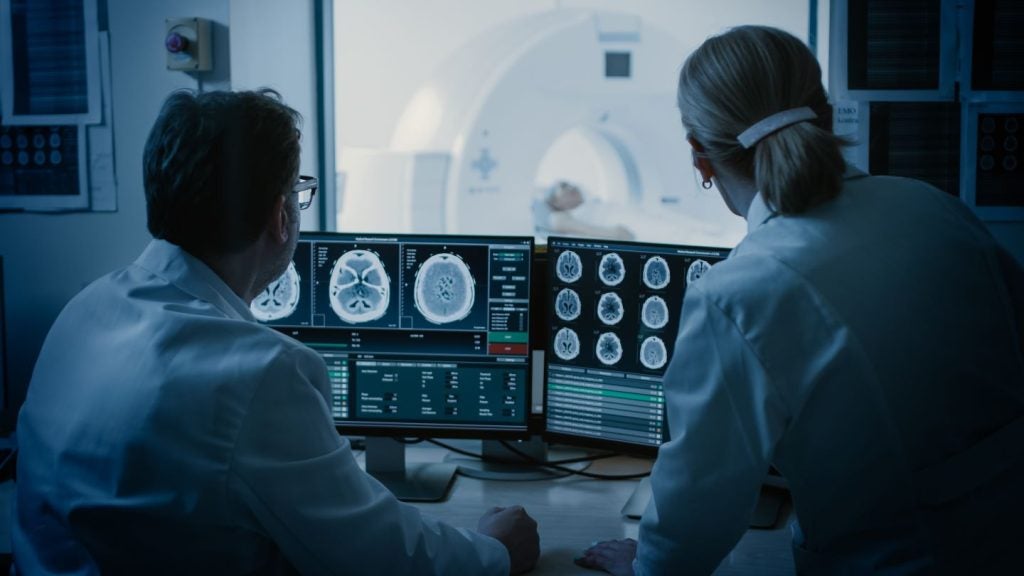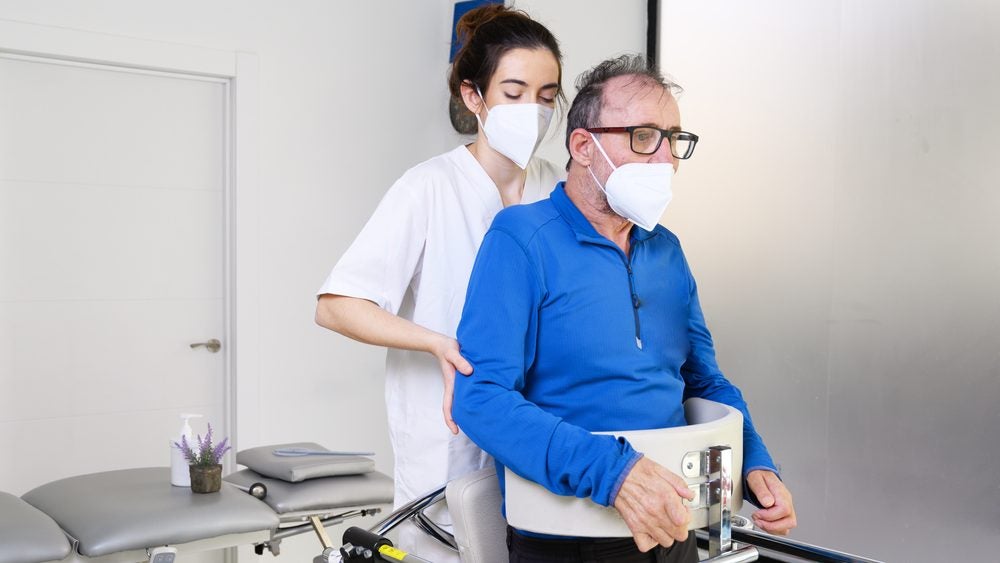Aleta Biotherapeutics has announced the dosing of the first subject in a Phase I/II clinical trial of its therapy ALETA-001 to treat patients with B-cell malignancies.
Sponsored and carried out by the Centre for Drug Development at Cancer Research UK, this trial will enrol patients who are relapsed or refractory following the currently available Cluster of Differentiation 19 (CD19)-targeting CAR T-cell therapies.
The open-label, dose-expansion trial will assess the tolerability, safety, pharmacokinetic and pharmacodynamic effects, along with early indicators of clinical efficacy, of ALETA-001 monotherapy.
Dr Sridhar Chaganti from University Hospital Birmingham NHS Foundation Trust, UK, is the chief investigator of the trial.
A chimeric antigen receptor (CAR) T-cell engager (CTE), ALETA-001 is the lead clinical stage programme of Aleta. It is designed specifically for patients with B-cell malignancies who have priorly undergone CD19-directed CAR T-cell therapy but are at treatment failure risk.
Aleta has received significant clinical support and funding from Cancer Research UK for the Phase I/II clinical trials of ALETA-001.
Furthermore, the UK Medicines and Healthcare products Regulatory Agency (MHRA) granted a UK Innovation Passport under the Innovative Licensing and Access Pathway (ILAP) for the therapy previously.
The ILAP designation is reserved for treatments that are intended to treat life-threatening or seriously debilitating ailments.
Aleta Biotherapeutics president and chief scientific officer Dr Paul Rennert said: “It is very exciting and meaningful to have ALETA-001 now in the clinic. Clinical evaluation of ALETA-001 is a key milestone toward a much-needed treatment option for the many cancer patients whose CD19-targeted CAR T-cell therapies ultimately stop working.
“ALETA-001 restores and increases the effectiveness with which CAR T-cells can kill cancer cells, and we believe that it will enable more patients to successfully benefit from cell therapies.”
Last September , Aleta announced plans to initiate a registrational trial in the US for ALETA-001.















